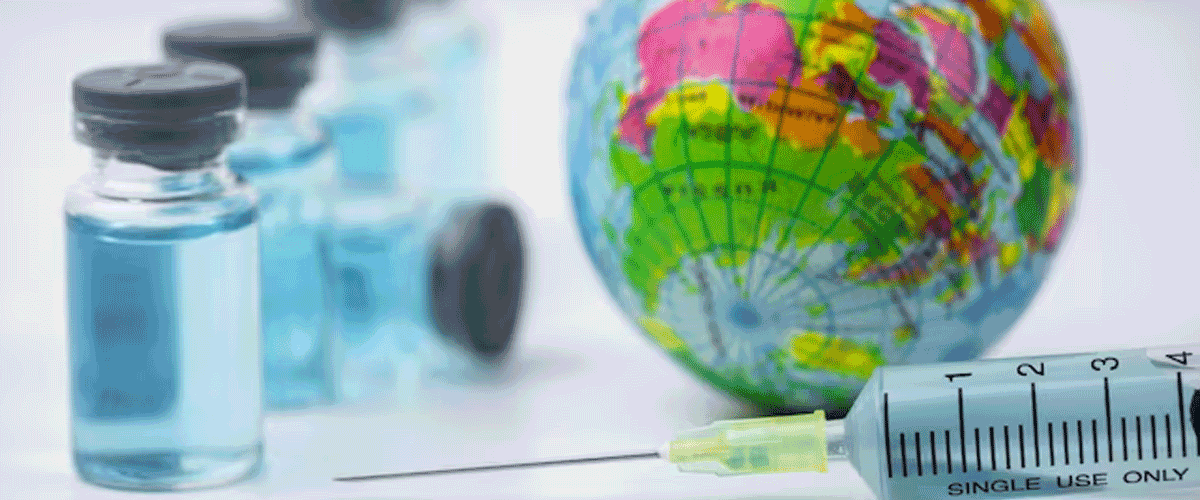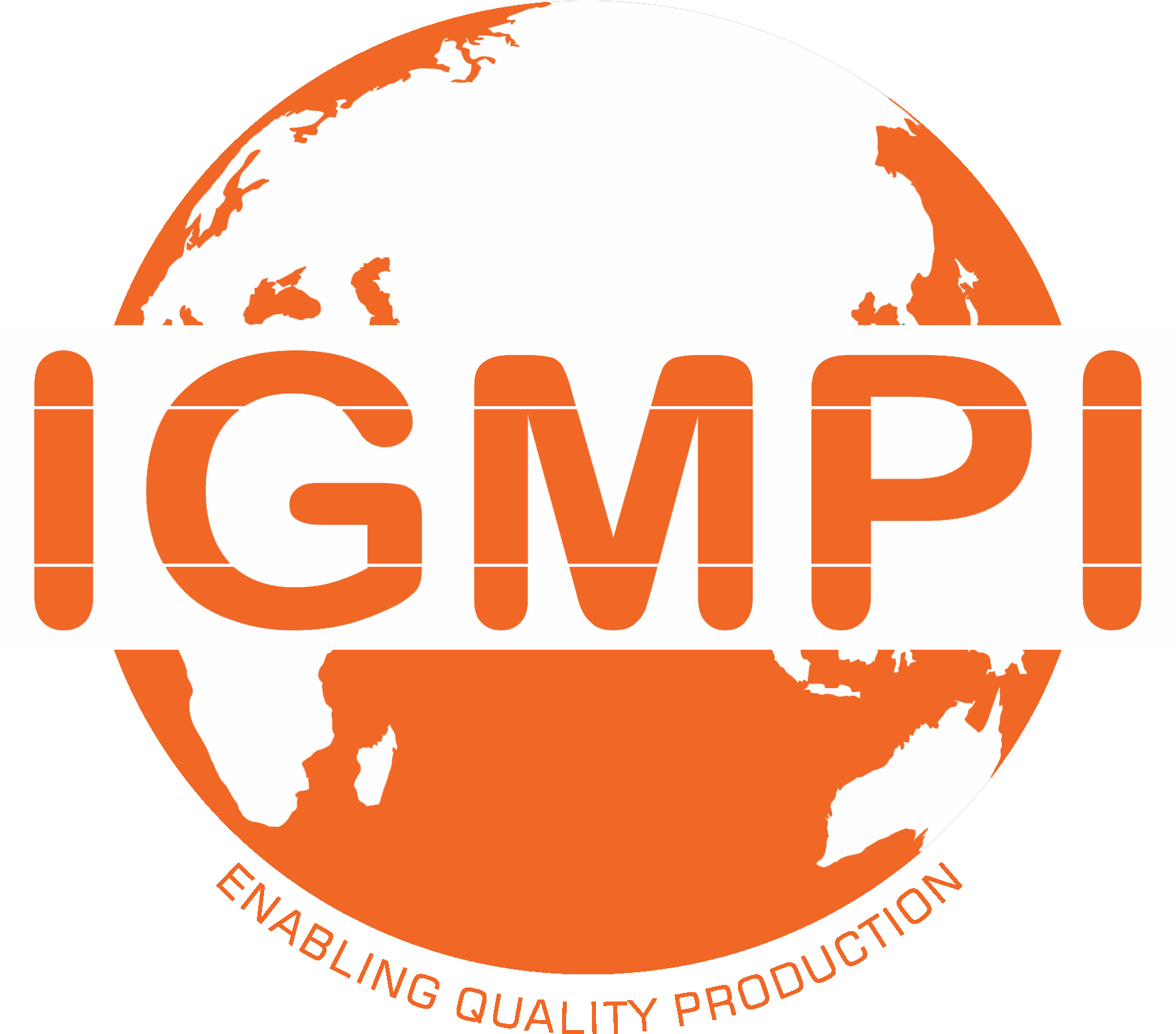(An Autonomous Body Recognized by Ministry of Commerce & Industry, Government of India)
Competency based placement focussed Education | Training | Research | Consultancy

WHO Releases Global Guideline to Improve Access to Controlled Medicines
The World Health Organization (WHO) has published its first comprehensive guideline on balanced national controlled medicines policies, aiming to ensure access to essential drugs while minimizing public health risks from misuse. Controlled medicines—including opioids, benzodiazepines, barbiturates, and amphetamines—are vital for pain management, surgery, palliative care, epilepsy, mental health, and substance use disorders. Yet millions worldwide, particularly in low-income countries, lack access, while insufficient regulation elsewhere has fueled opioid epidemics.
The WHO guideline recommends policies that guarantee affordable, uninterrupted access and prevent diversion or overuse. Key measures include needs-based national planning, fair pricing, ethical marketing restrictions, supply chain innovations, legal reforms, professional training, public education, and robust monitoring systems. The recommendations cover seven domains: policy, pricing, medicine selection, procurement, regulation, prescribing, and education.
Developed through multi-year global consultations, the guideline emphasizes equity, dignity, and the right to health, and is expected to inform policy reforms, especially in low- and middle-income countries, reducing needless suffering.
22-09-2025
📰 Recent News
- 2026 Emerges as Turning Point for Non-Invasive Drug Delivery in Pharma and MedTech
- Technology Integration Transforms Medical Transportation for Chronic Care in India
- Technology-Driven Innovations Reshape India’s Eye Care Ecosystem
- Xortx Underscores Genetic Evidence for Xanthine Oxidase Targeting and Announces Board Update
- Strengthening Regional Healthcare: A Priority for India’s Future
- Cybersecurity as a Core Pillar of Modern Hospital Operations
- Indian Healthcare in 2026: Mental Wellbeing and Technology Take Centre Stage
- Early Action Critical to Prevent a Human Bird Flu Outbreak, Study Warns
- The Trump administration rolls back Biden-era health IT rules, including AI ‘model card’ requirements.
- Belgium Pledges €8 Million to WHO to Boost Global Access to Health Technologies
